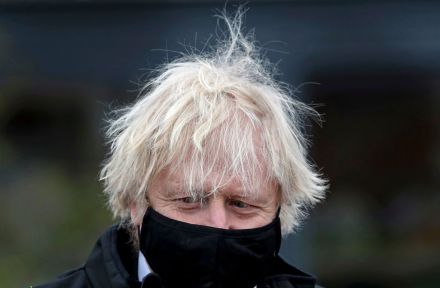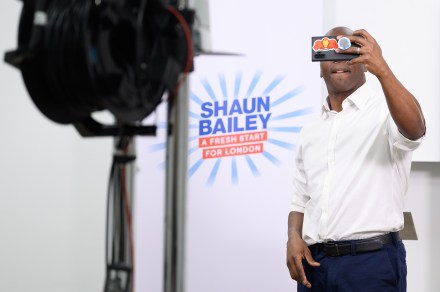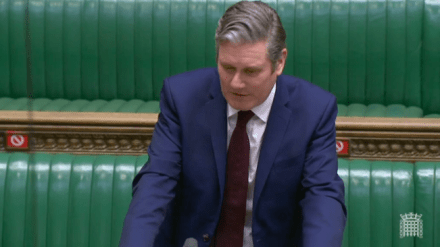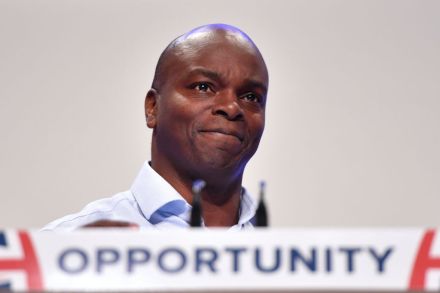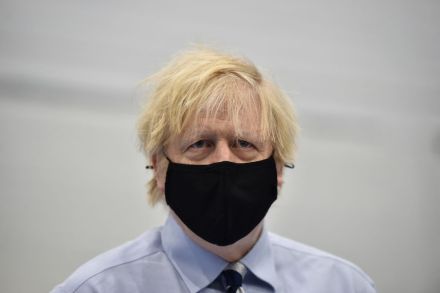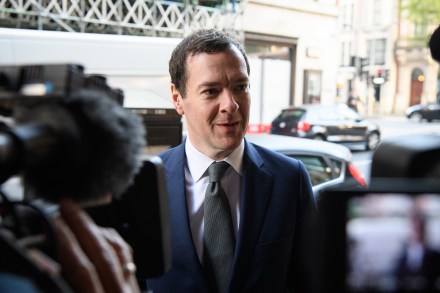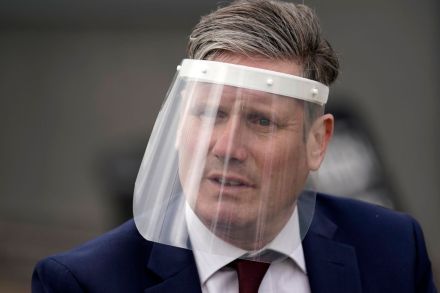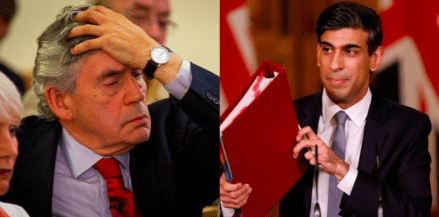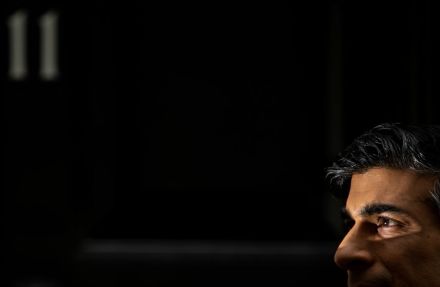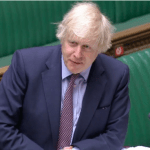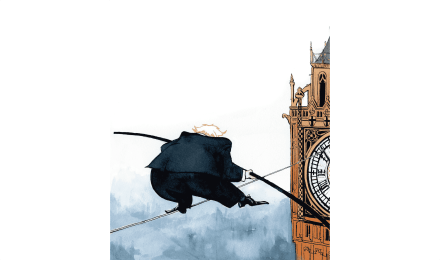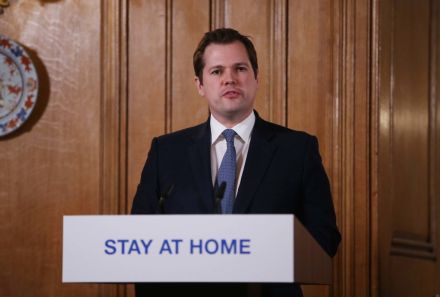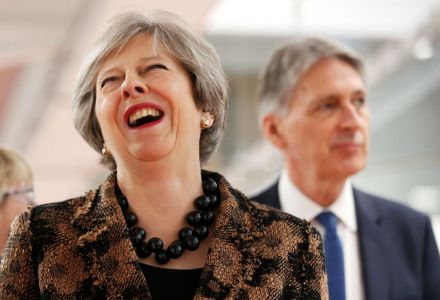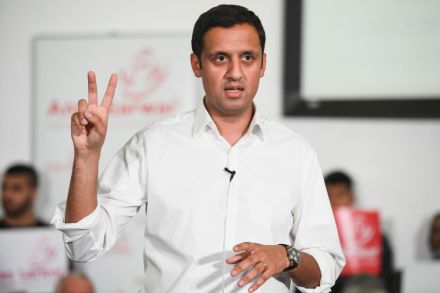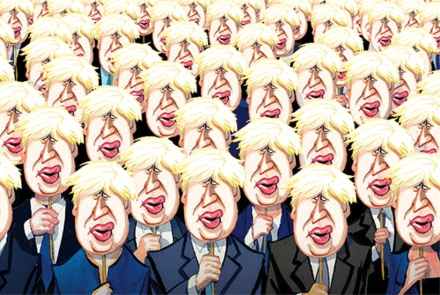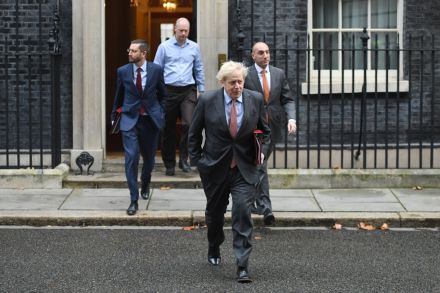What the race report reveals about Boris’s brand of conservatism
The recent report of the commission on race and ethnic disparities has given the clearest indication yet of the guiding philosophy animating the Conservatives under Boris Johnson. It is rooted in the traditional commitment of conservatives to national unity. The calculative political positioning of the Cameron and May regimes seems to be long gone. Since the nineteenth century the platforms of political parties can be understood by measuring the relative weight they attach to the ideals of liberty, equality and fraternity. Labour puts equality above the other two ideals and, when we had a Liberal party, it put liberty above everything else. Today’s Liberal Democrats are closer to Labour than
